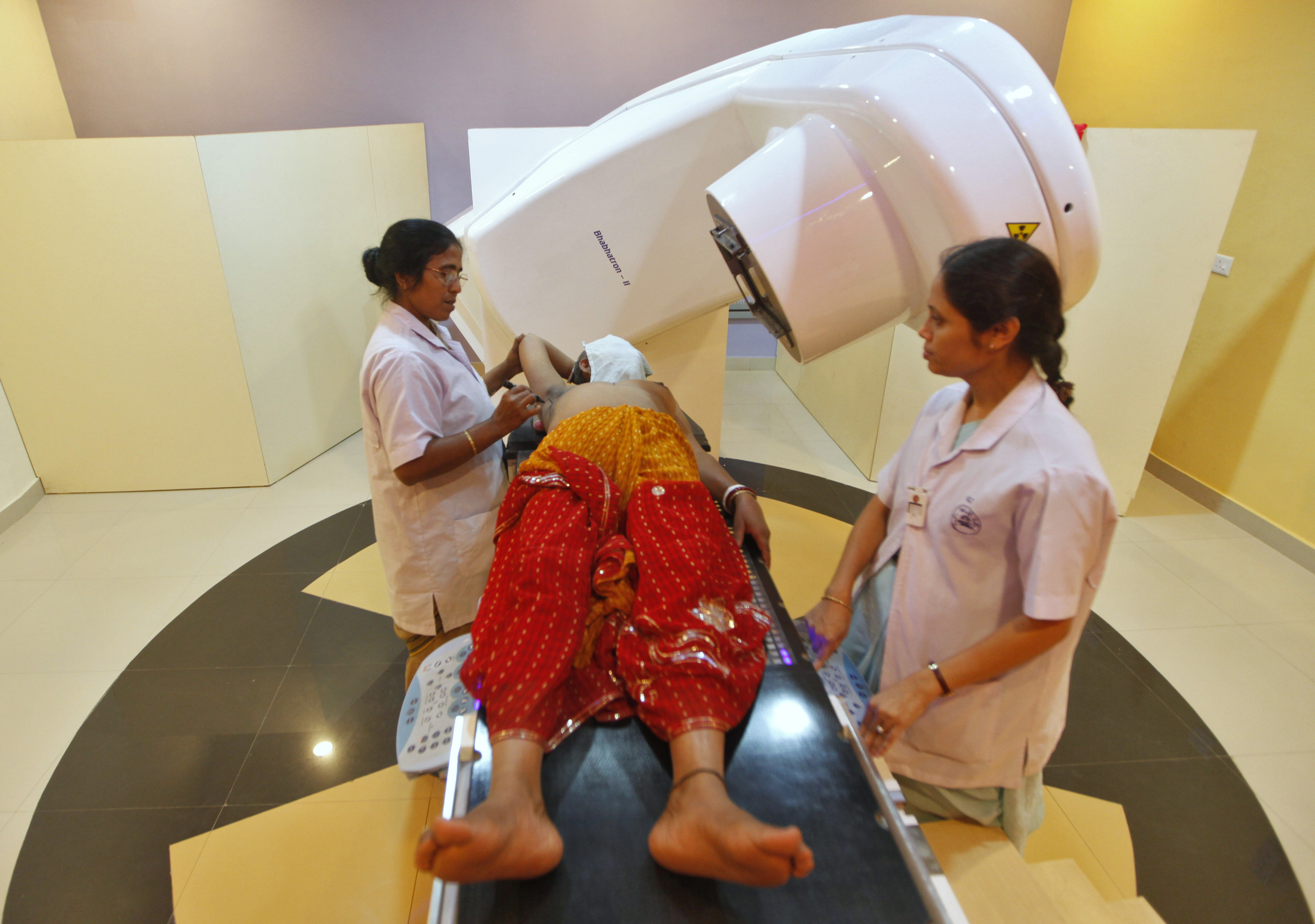The World Health Organization (WHO) estimates that cancer cases will increase by 81% by 2040 in low- and middle-income countries, due to insufficient resources for prevention. In a report, the specialized agency of the United Nations warns that if current trends continue, the world will globally experience a 60% increase in cancer cases over the next two decades.
In 2018, WHO recorded 18.1 million new cancer cases worldwide, and the organization expects the figure to reach a range of 29 to 37 million by 2040. The number of new cases will increase the most in low- and middle-income countries, which currently have the lowest survival rates (an estimated 81%).
Read also: Cancer: the cost of research, paid twice by the taxpayer?
A large part of the situation, according to WHO, is that these countries have had to devote limited health resources to fighting infectious diseases and improving the health of mothers and children, and that health services are not equipped to prevent, diagnose and treat cancers. "This is a wake-up call that calls on all of us to tackle the unacceptable inequalities between rich and poor countries in cancer services," said Dr. Ren Minghui, Deputy Director General of the WHO, cited in a press release. "When individuals have access to primary care and referral systems, it is possible to detect cancer at an early stage, treat it effectively and cure it," he said.
Vaccination and tobacco control
WHO presents a range of interventions to prevent new cases of cancer, such as the fight against smoking (responsible for 25% of cancer deaths), vaccination against hepatitis B to prevent liver cancer, l elimination of cervical cancer by vaccination against the human papillomavirus. "If we mobilize different stakeholders to work together, we could save at least 7 million lives over the next decade," said WHO director Tedros Adhanom Ghebreyesus, quoted in the statement.
Read also: What if tomorrow we no longer died of cancer?
The report shows that research has helped reduce the number of cancer deaths, but the decline has been most pronounced in wealthy countries. "High-income countries have adopted prevention, early diagnosis and screening programs which, combined with improved treatment, have helped reduce the premature death rate by an estimated 20% between 2000 and 2015. In in low-income countries, the reduction was only 5%, " said the director of the International Agency for Research on Cancer, Elisabete Weiderpass.
See also - How to recognize the symptoms of breast cancer

